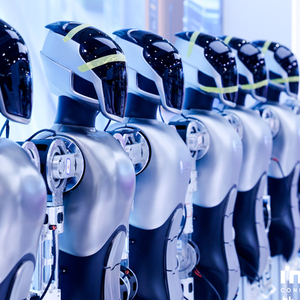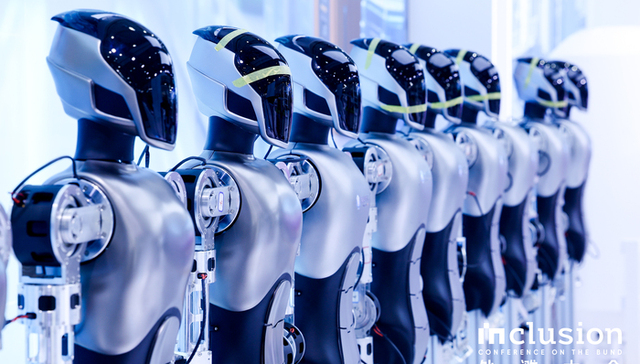by XU Meihui
Shanghai's annual Inclusion·Conference on the Bund, a major fintech gathering, highlighted embodied intelligence this year, underscoring artificial intelligence's shift from data reliance to an "era of experience."
The forum opened Sept. 11 at the city's former World Expo site in Huangpu, drawing crowds to an exhibition where robots cooked, inspected factories, massaged visitors and worked alongside humans.
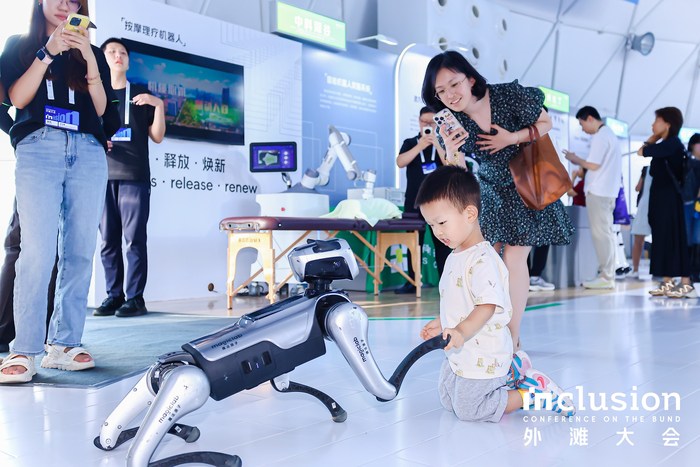
Embodied intelligence - AI embedded in physical machines - marks a turning point for the field. 2024 Turing Award winner Richard Sutton, known as the "father of reinforcement learning," said AI is moving beyond human datasets toward knowledge gained through direct interaction.
Market research firm IDC forecasts the global embodied intelligence market could reach US$1.5 trillion by 2030, growing about 25% annually. A Chinese industry report estimates the country's embodied intelligence market at about 5.3 billion yuan (about US$740 million) in 2025, or 27% of the global total.
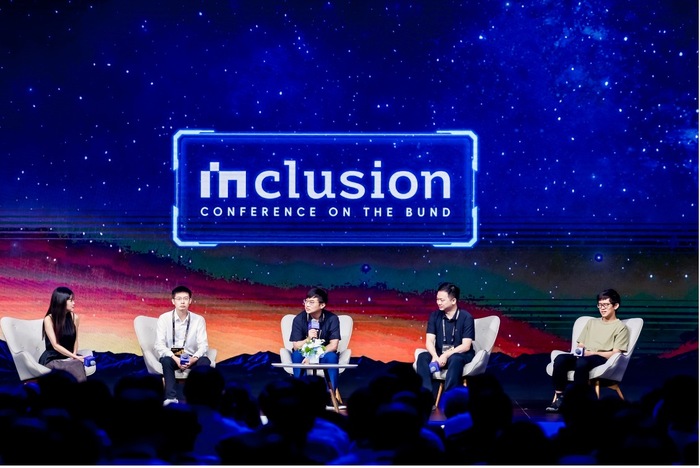
SU Hao, a University of California, San Diego professor and founder of Hillbot, said robot intelligence has evolved from rule-based systems to integrated sensing, planning and control, spurred by large models such as Transformers and GPT.
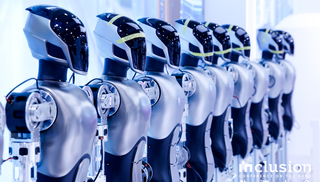
Unitree Robotics CEO WANG Xingxing, whose quadruped robots gained fame after appearing on China's Spring Festival Gala, said AI now outperforms people in writing and art but still struggles with practical tasks. The issue, he added, is less data volume than data quality, with no clear standards for collection or assessment.
WU Yi, an assistant professor at Tsinghua University and former OpenAI researcher, described "in-body agents" - robots able to pursue broad goals autonomously for long periods - as a potential "ultimate form" of embodied intelligence with strong commercial promise.
Industry executives caution that commercialization remains challenging. As Wang put it, the industry is "on the eve of a breakout," but significant productivity gains have yet to emerge.
